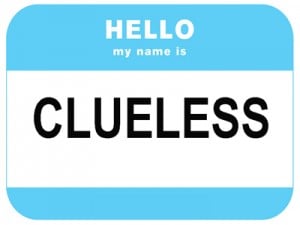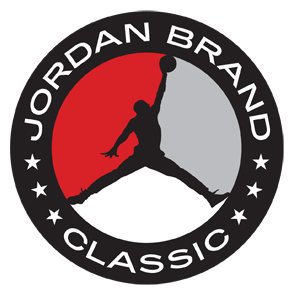Sighmaster — an Ask The Headhunter regular — tells this story about an encounter with an employer that tried to schedule a HireVue video interview prior to any other discussions with the job applicant. (From the comments section of HireVue Video Interviews: HR insults talent in a talent shortage.)
Sighmaster’s Story
 Back in July I applied for a design job with Connections Education. I got an email from their HR rep:
Back in July I applied for a design job with Connections Education. I got an email from their HR rep:
“Thank you so much for applying with Connections Education! I am sending you a first round, preliminary digital interview request in a separate email through our vendor, HireVue, for the position with Connections Education. [Note the redundancy in mentioning the company name twice, was this email sent by an algorithm?] This process allows you to record yourself answering questions that will be watched by the hiring team, who will then set up second round, in-person interviews.”
I replied as follows:
“To quote the letter writer in this ATH article (HR Pornography: Interview videos), I find this request creepy, impersonal, presumptuous, Orwellian, exploitative, voyeuristic, unprofessional, and perhaps even unethical. It is also insulting. A hiring manager that won’t ‘waste’ their time interviewing candidates is certainly not worthy of my time. I am withdrawing my application.”
Her response:
“I am sorry that you feel that way and it is certainly not meant to be any of those items listed. If you would prefer to do a phone interview instead, we can arrange that. The reason we use HireVue as the first step in our process is because of the high volume of positions we have open, it would be impossible to screen the amount of applicants we are able to using a tool like HireVue. You can also opt to turn the video part off and just do audio id desired. I hope you’ll reconsider this position and agree to a phone interview.” [sic]
So, there ya go, I refused the HireVue and got a phone interview with the hiring mgrs.
The call consisted of a man who was the creative mgr and a woman who was director of marketing. The woman seemed nice, but the man had the personality of an uncooked potato. How’s that for ironic? I certainly would like to have seen this guy perform on a video camera to see if it would have been worth my time to talk to him (it wasn’t!).
Needless to say, the “interview” went nowhere — when you talk and talk and talk but the hiring mgr has nothing much to say other than “do you prefer mac or pc” (and you get sentenced to hell if you answer pc!) the outcome is inevitable.
I got their rejection email a few days later, to my relief. Of course, I’m still unemployed, but hey at least I stood my ground…*sigh*
Nick’s Reply
What does their use of HireVue video interviews tell us about employers?
This is just one data point, but it’s worth noting two outcomes of Sighmaster’s response — bold as it was. First, even though Sighmaster withdrew from the process, the employer still pursued this applicant. Saying no emphatically doesn’t necessarily kill the employer’s interest in a good candidate.
Second — perhaps more telling –, it seems the company’s choice to use video interviews to begin with may have signaled what kinds of managers Sighmaster would meet during a phone call, and what the experience would be like.
If you’ve been subjected to video interviews, did you find any correlation between that practice and the rest of your experience with the employer?
: :


